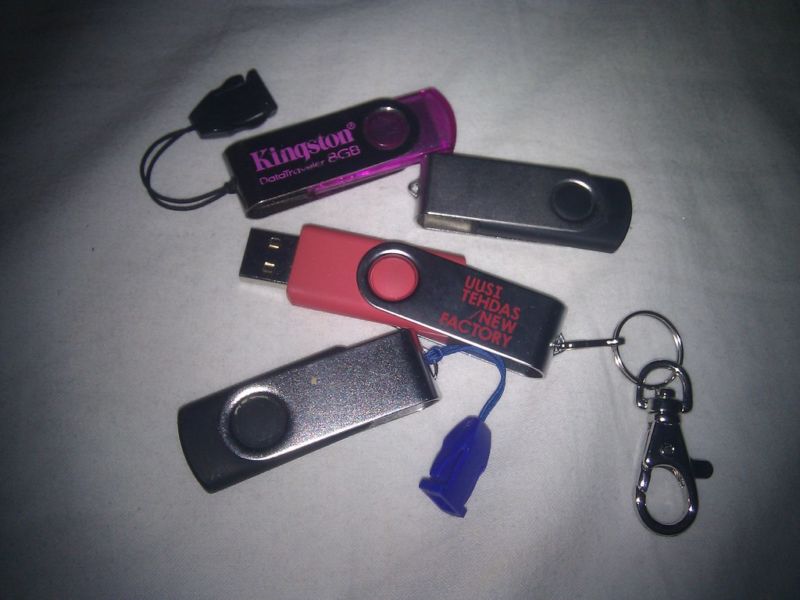
While it's not officially out yet, the Windows 10 May 2019 update is available to Windows Insiders on the Release Preview distribution channel (and also to MSDN subscribers). So anyone who wants to get a head start on the next major iteration of Windows 10 can do so right now—unless they have USB storage connected to their PC.
Because of an issue that's frankly remarkable, Microsoft is blocking the update for anyone using USB storage or SD storage. That is to say: if you have a USB hard disk or thumb drive, or an SD card in an SD card reader, the update won't install. Perhaps more strangely, this is only the case if you're currently running version 1803 or 1809; upgrading from 1709 or 1703 (both of which are still supported, at least for Enterprise and Education users) means everything is, apparently, fine.
The reason for blocking the update is that it appears to be prone to shuffling the drive letters assigned to USB and SD storage devices. In other words, while your USB drive might show up as "D:" now, it could end up getting renamed to "E:" after upgrading to 1903. Fortunately, there is a straightforward workaround: unplug the drives and remove the memory card, and the installation will proceed normally. You can then plug them back in after it's finished.
This isn't the first Windows feature update to do peculiar things with drive letter assignment; Windows 1803 would, at least for some people, assign drive letters to the small recovery partitions that the operating system creates. Since the recovery partition is very full, users afflicted with this issue would then be bombarded with warnings to complain that a drive is very low on disk space. This bug was reported during the development of 1803, but apparently not fixed for that release.
As with so many Windows 10 bugs, the real question here is how on Earth this was only detected at this late stage in development. USB storage is not esoteric or unusual, and a problem like this is going to affect a large proportion of Windows 10 users. One can hazard a guess—most of the beta testers upgraded incrementally as each new build was published, and hence for whatever reason never hit the issue; it's only once Microsoft hits Release Preview and people make the big leap from 1803 or 1809 to 1903 without all the intervening builds that the problem shows up. Nonetheless, this is surely something that Microsoft should have tested in house, especially since, as above, 1803 also had issues with drive letter assignments. Microsoft should know that this is a problem area that needs to be checked before shipping a build.
https://arstechnica.com/gadgets/2019/04/windows-10-may-2019-update-blocked-for-anyone-using-usb-or-sd-storage/
2019-04-24 15:54:00Z
52780274507077
Tidak ada komentar:
Posting Komentar